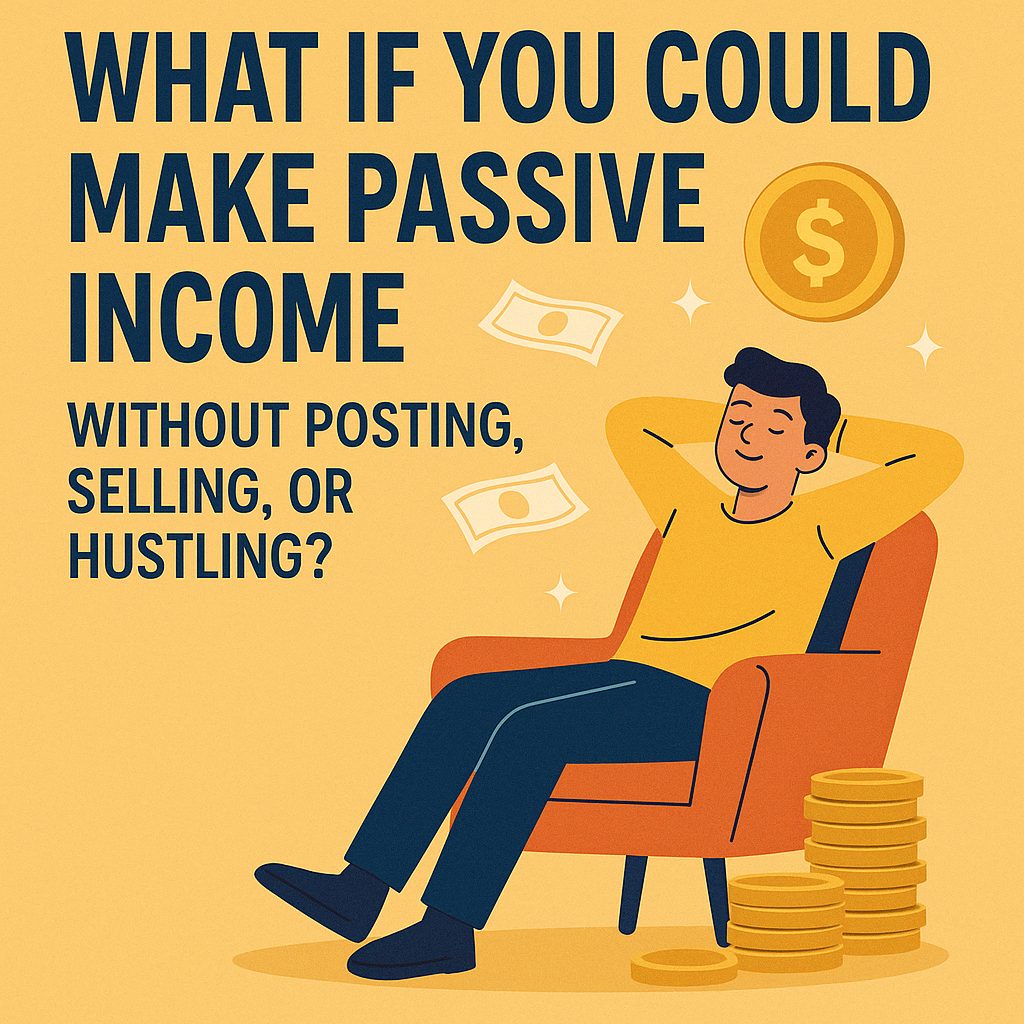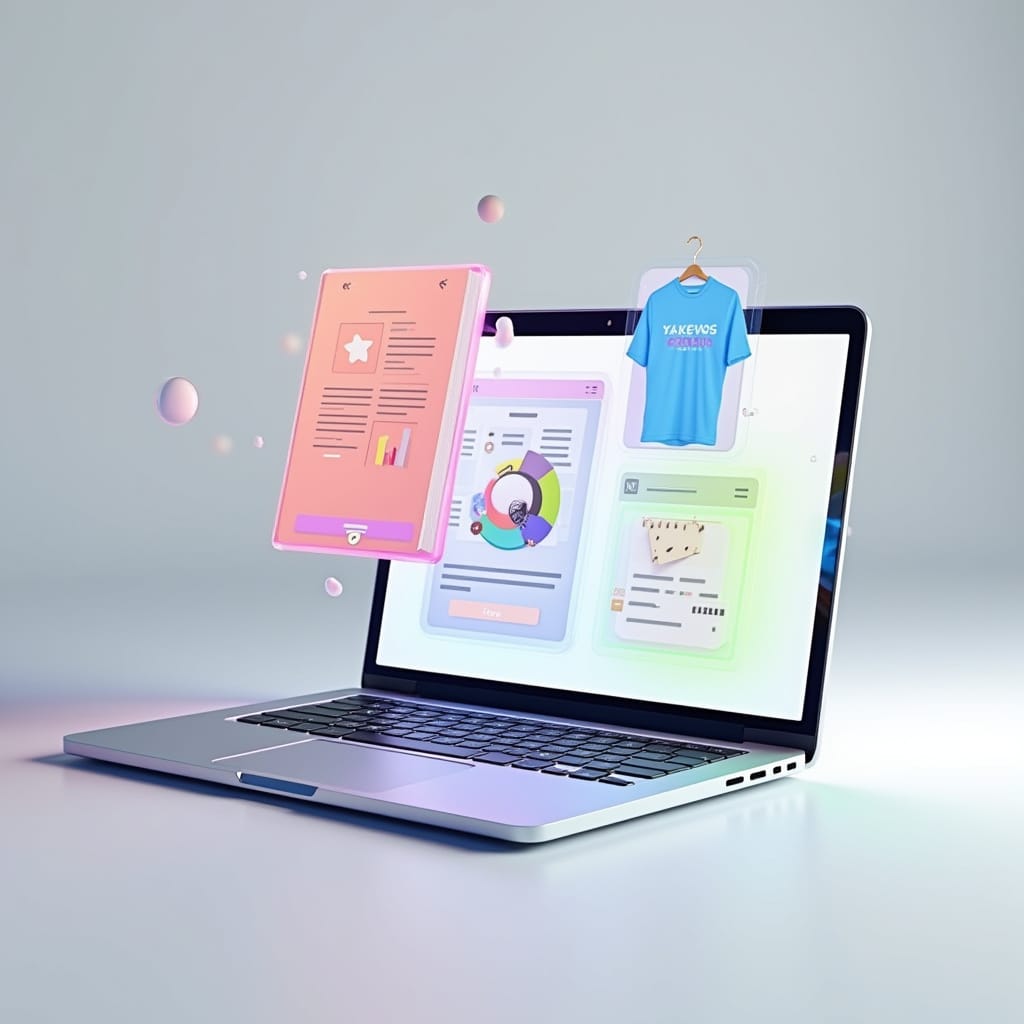
Ready to stop grinding for every dollar and start letting money flow to you?
If you’re tired of feeling like you have to earn every penny with sweat and stress, you’re not alone. The truth is: effortless money flow isn’t a fantasy — it’s a strategy. And today, I’ll show you how to start creating it in your life fast.
Inside this post, you’ll grab quick wins you can use TODAY, plus a simple long-term plan that can shift you from “struggle mode” to “money magnet” for good.
(Related: How to Build Passive Income Streams Even If You’re Starting from Scratch)
Why Effortless Money Flow Feels So Hard (At First)
If you feel stuck, it’s not because you’re lazy or unlucky — it’s because no one taught you how to build systems that work while you don’t.
Common blocks include:
- Only trading time for money (no leverage)
- Fear of investing or automating income
- Lack of passive or semi-passive assets
- Trying to “hustle harder” instead of smarter
Real talk: Hustling harder without changing your system just burns you out. Flow comes from structure.
Quick Wins to Jumpstart Your Money Flow Today
1. Automate Your Savings Instantly
Set up an auto-transfer for 10% of your income to a high-yield savings account. No thinking. No missing.
2. Sell a Quick Digital Product
Launch a $9 ebook, checklist, or guide using Gumroad or Etsy. One weekend of work = potential forever sales.
3. Invest $5 Right Now
Use apps like Acorns or Robinhood to start investing tiny amounts. (Learn more about micro-investing on Investopedia). Consistency compounds!
4. Activate Cash-Back Apps
Get free cash on things you’re buying anyway with apps like Rakuten and Upside.
5. Offer a Micro-Service
Offer a 30-minute consult in your expertise area. Get paid while building your brand.
Each of these creates small, low-effort streams that build themselves over time.
The Core Strategy for Lasting Money Flow
To truly make money flow effortlessly, you need to own or invest in assets that make you money without constant effort.
Examples:
- Digital Assets: Courses, ebooks, affiliate blogs
- Financial Assets: Index funds, stocks, real estate
- Business Assets: Ecommerce stores, memberships
Mindset Shift: Build things ONCE that pay you again and again. Think “forever cash,” not “one-time hustle.”
Pro Tip: Focus on just one passive income asset at first. Master it. Then expand.
Real-Life Example
Meet Jamie: Jamie spent one weekend creating a $29 productivity planner and uploaded it to Etsy. Today, she earns $800–$1,000/month—with zero ongoing effort.
One action. Continuous automated income.
You can do the same.
Common Mistakes That Kill Effortless Flow
- Waiting for “perfect timing” to start
- Spreading yourself too thin across 5 projects
- Quitting too soon when results aren’t instant
- Forgetting to automate basic money habits
Fast Fix: Start messy. Stay consistent. Trust the compound effect.
Conclusion: Your Effortless Money Flow Starts Now
Creating effortless money flow isn’t about being lucky — it’s about being intentional. Small smart moves today build unstoppable financial freedom tomorrow.
Pick one quick win from this list and take action within 24 hours. Momentum is magnetic.
Your effortless money life is way closer than you think.
(Related: How to Build Passive Income Streams Even If You’re Starting from Scratch)

























